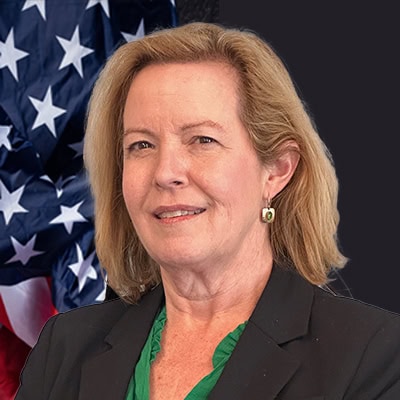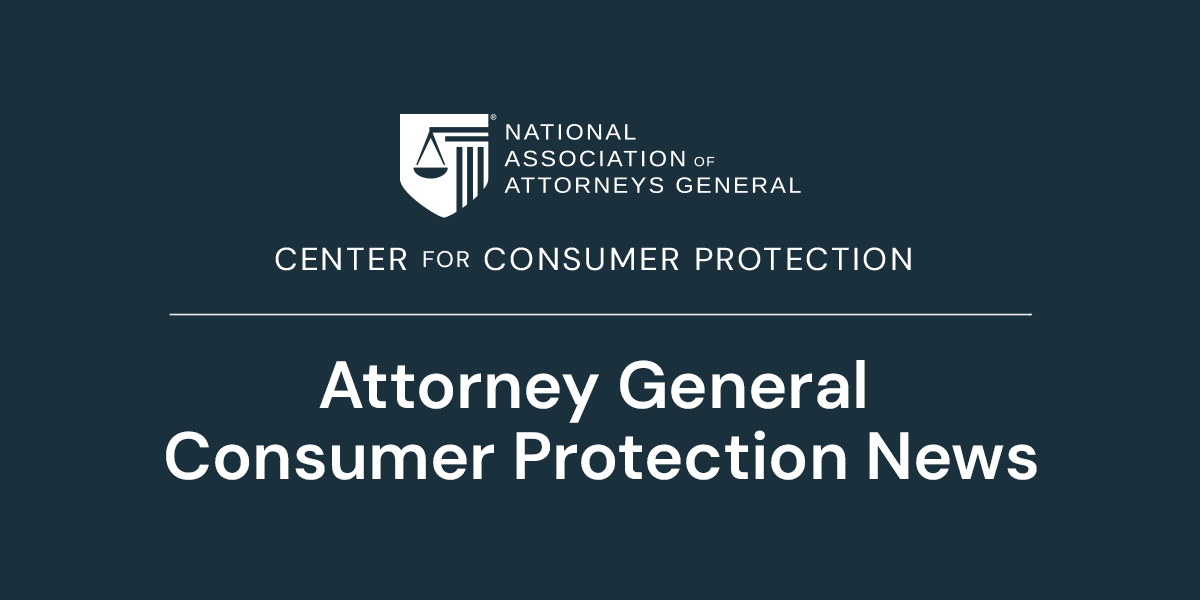Combatting Fraud
Unique financial situations, high mobility, and benefits of service members are targeted.
In 2023, scammers stole $477 million from veterans, active duty military personnel, and their families according to data collected by the Federal Trade Commission and released in the Consumer Sentinel Network’s 2023 Data Book. Scammers often target service members and their families because of their unique financial situations, high mobility, and benefits. Financial scams negatively affect a service member’s ability to obtain or maintain a security clearance that may be an essential function of their occupational specialty or an opportunity for promotion. This week’s post in support of National Veteran and Military Families Month focuses on some of the top scams.
VA Benefits Scams
Fraudsters pose as Veterans Affairs (VA) representatives, offering to help veterans with their benefits claims for a fee. The VA never charges for processing claims and numerous accredited attorneys, claims agents, and organizations assist veterans for no fee, as required by VA rules. Sometimes called “claim sharks,” these scammers are not accredited by the VA Office of General Counsel and illegally charge fees for assisting veterans with filing their VA claims. Minnesota Attorney General Keith Ellison issued a warning about VA claim sharks.
Identity Theft & Phishing Scams
Scammers send emails or messages pretending to be from military or government agencies, asking for personal information or financial details. These can look very convincing but are designed to steal a veteran’s identity or money. The best practice is not to trust the source asking for the personal information and do your own search to verify the request is from a legitimate company. Be wary of letters and emails that demand immediate action, have misspellings, or look unprofessional as noted in California Attorney General Rob Bonta’s Veteran’s Consumer Alert. The Ohio Attorney General’s Office suggests service members place an Active Duty Alert on their credit report to reduce the risk of identity theft.
Charity Scams
Fake charities claim to support veterans and military families, especially around holidays or after major events. Always verify the legitimacy of a charity before donating. The National Association of State Charity Officials Resources webpage provides consumers with links to state and federal points of contact to verify that your charity of choice. Warning signs include a charity asking for donations in cash, offering only vague details about their mission, and using high pressure guilt tactics according to Florida Attorney General Ashley Moody’s Military Resource Guide.
Employment Scams
Fraudulent job offers targeting veterans promise high-paying jobs that require upfront fees for training or equipment. Legitimate employers do not ask for money or personal information upfront. Military spouses may also be the target of work-from-home, mystery-shopper, or business opportunity scams that involve reshipping packages. The CFPB’s Data Book reported military consumers losing $26.4 million in business- and job-opportunity-related fraud.
Fraudulent and Predatory For-Profit Colleges
The Post-9/11 GI Bill program offers military service members valuable higher education benefits. Some for-profit colleges and institutions aggressively recruit with deceptive and misleading advertising that falsely promises valuable degrees or employment opportunities. The colleges sometimes claim that the GI Bill will cover all of their costs but then force service members to take out loans to finish their degrees; falsely claim that their programs are approved for GI Bill payment; or promise a discount the service members never receive according to a March 2022 Federal Student Enforcement Bulletin.
Military service members, veterans, and family members can find great resources to combat and evade fraud at the Vsafe.gov website. Many attorneys general provide additional resources dedicated to serving the military community. The National Association of Attorneys General (NAAG) provides links to . NAAG’s Veterans Affairs Committee is committed to assisting our nation’s veterans through consumer education and providing training and materials such as the Veterans Legal Manual to equip attorneys general offices to assist service members and veterans.






